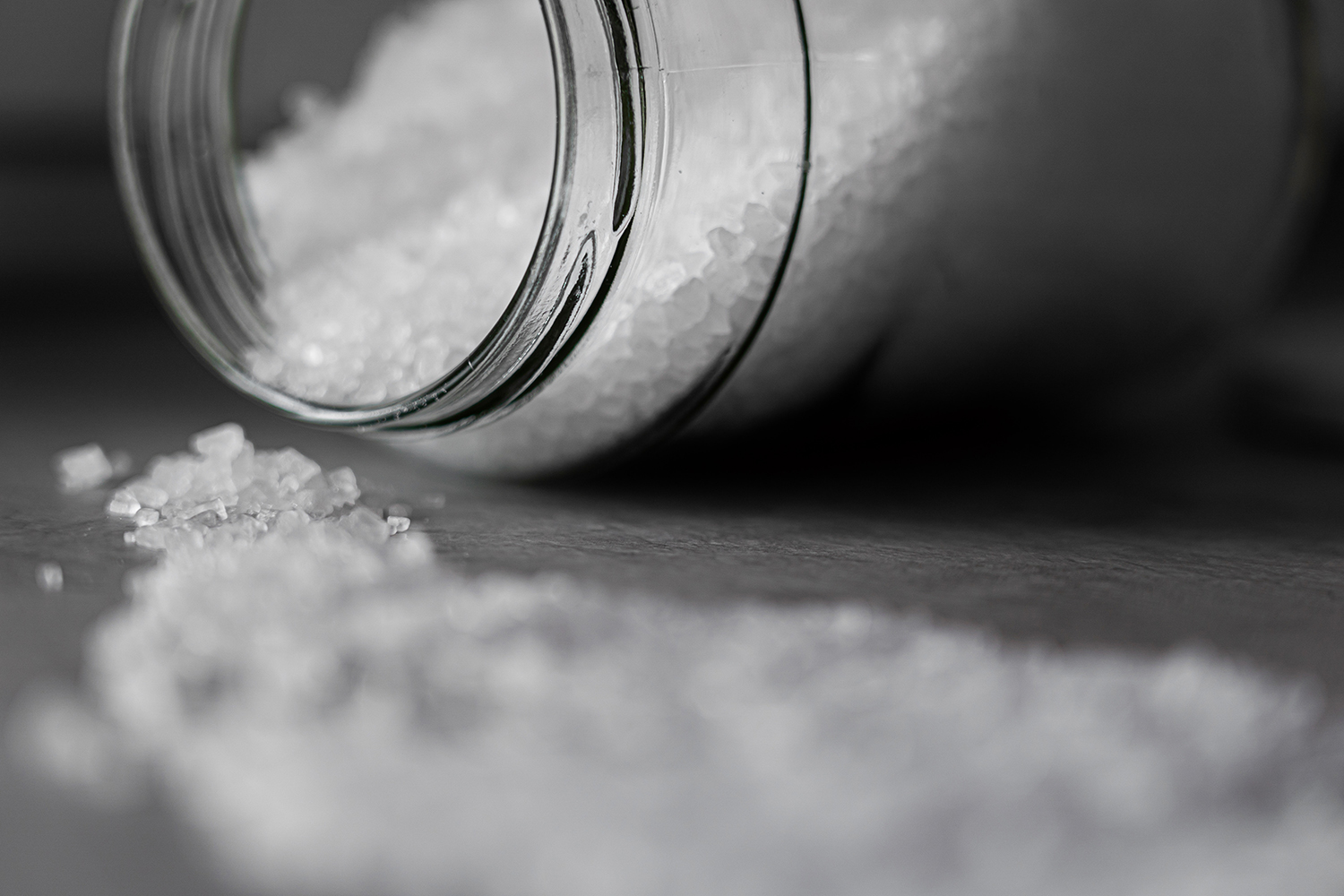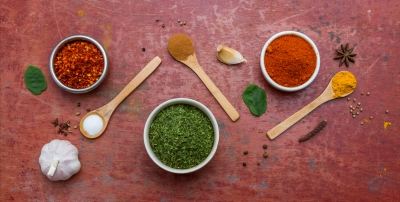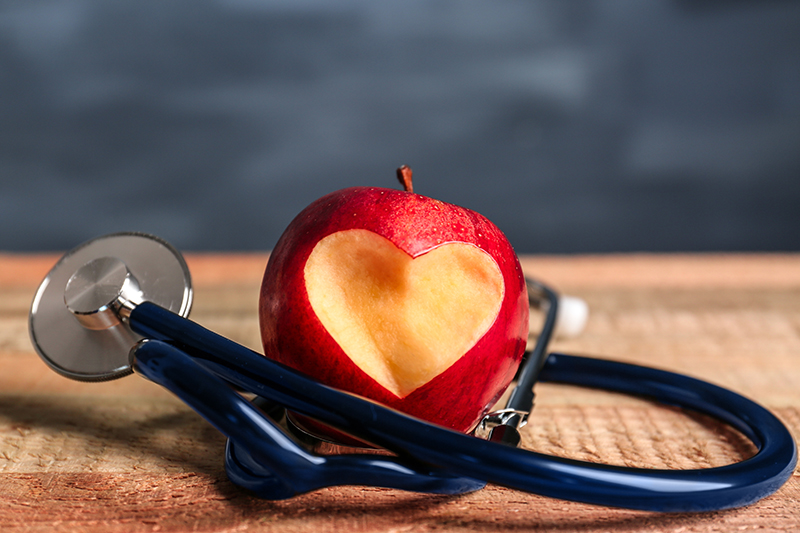The Tricky Relationship Between Salt And Your Heart
Contributed by Ryan Peterson.

Salt is used in most cooking recipes and forms a large part of the modern diet. However, there have long been discussions over the need for it in our bodies. Salt, or sodium, can interact with our internal system in a multitude of ways. As a consequence, it has an impact on our overall heart health.
More to the point, what sort of impact does it have? Most of us have grown up knowing salt is bad for us and can lead to health problems. But, is this truly the case?
What is salt?
Salt (sodium) is a mineral that’s vital for the function of the human body. Our bodies use sodium to maintain healthy nerve functions, as well as to keep our body’s fluid levels balanced. In fact, when you feel dehydrated, it’s recommended that you add some salt to your water as it can help hydrate you by replenishing electrolyte stores. Salt is also suggested for anyone suffering from muscle cramps as a lack of it in the system can lead to excessive muscle cramping.
Consequently, you can argue that salt is an essential nutrient our bodies need. Cutting salt out of your diet is not a healthy decision as it can cause a variety of ongoing health problems.
Continue reading8 Facts *Every* Man Should Know About Heart Health
Contributed by Tommy Wyher.

Did you know your heart will pump the equivalent of 1 million bath-tubs of blood in its lifetime?
Interestingly, the majority of causes of heart disease are related to lifestyle factors, so the health of your heart rests squarely in your hands. As a high performing pump that works non-stop 24/7, your heart requires care and maintenance.
Looking after your heart means it will keep on pumping! With that in mind, here are some other health facts about your heart to take into consideration. Some of which we’re sure you may not even be aware of…
The warning signs of heart disease
Heart disease is your body’s worst enemy, often resulting in heart attacks or even strokes.
Continue reading10 Heart Healthy Cooking Tips
 With some heart healthy cooking, you can still enjoy delicious meals on a heart healthy diet. Plus, you don’t have to follow some strict “diet”. Many times you just need to tweak what you are already eating.
With some heart healthy cooking, you can still enjoy delicious meals on a heart healthy diet. Plus, you don’t have to follow some strict “diet”. Many times you just need to tweak what you are already eating.
Here are 10 tips for heart healthy cooking.
#1 Replace processed grains with whole grains
This involves more than just switching to whole grain bread. Select whole-wheat flour, whole cornmeal, quinoa, and oatmeal to boost fiber intake. Also, look at the pasta and rice your purchase. Select whole grain pasta and brown rice for heart health. Some whole grain products take a little bit longer to prepare than their processed counterparts. Keep this in mind as you make the switch.
#2 Eliminate salt and watch for hidden sodium sources
Many canned and processed foods are high in added sodium. Read labels and select options that have “No Added Salt”. You can also reduce sodium content of canned vegetables by rinsing them in cold water prior to preparing. Take the salt shaker off the table to break a habit of salting your foods before you even try them.
#3 Eat more fruits and vegetables
Prepare well balanced meals that include plenty of fruits and vegetables. Every meal should have a fruit and/or vegetable and it’s okay to eat more than one serving. The DASH (Dietary Approaches to Stop Hypertension) Diet recommends 4-5 vegetables each day AND 4-5 servings of fruit daily.
#4 Use nonfat yogurt in place of sour cream Continue reading
5 Steps for Heart Health, Starting Now

On the road to heart health, start with weight control. Reaching and maintaining a healthy weight promotes overall health and prevents many diseases, including heart disease. Living with extra weight, puts an increased burden on your heart muscle. Being overweight or obese puts you at increased risk for high blood pressure, type 2 diabetes, certain cancers, and other health
Here are five additional steps you can take for heart health:
1. Exercise more.
Being inactive is a major risk factor for heart disease. Regular exercise, particularly aerobic exercise, has many heart related benefits. For example, exercise will strengthen your heart, improves circulation, and lowers blood pressure.
2. Cut back on salt.
Salt can hide in places you may not expect. Read food labels. For some individuals, a high sodium diet is linked to high blood pressure. High blood pressure puts excess work on the heart and can lead to stroke and heart failure.
3. Avoid trans fat.
Trans fat increase LDL cholesterol, increase triglycerides and lowers HDL cholesterol. The FDA no longer recognizes trans fats as “generally recognized as safe” for use in food. Read food labels and select heart healthy oil when cooking, such as olive oil or canola oil.
5 Steps to Achieve a Healthy Heart

You don’t have to begin a drastic diet in order to achieve your heart health goals. Big results can be achieved by improving your daily habits one step at a time.
Here are 5 steps you can implement now for a healthy heart:
Step 1 – Add fruits and vegetables to your daily diet
That’s right, I’m not telling you to eliminate a food, but to add foods. Fruits and vegetables are essential. Add fruit and/or vegetable to every meal or snack to boost your intake of this necessary food group. It’s estimated that our intake of vegetables is usually only 59% of what it should be and fruit only 42%.
Step 2 – Switch processed grains for whole grains
Continue reading
High Dietary Salt Equals High Blood Pressure
 Earlier this month (February 2012), the Centers for Disease Control and Prevention (CDC) released a report showing that nine out of ten adults eat too much salt daily.
Earlier this month (February 2012), the Centers for Disease Control and Prevention (CDC) released a report showing that nine out of ten adults eat too much salt daily.
This excess salt is not the salt you are adding with the salt shaker. The high salt diet comes from processed foods and restaurant meals.
A diet high in sodium (salt) leads to high blood pressure. This equals an increased risk for developing heart disease and having a stroke.
According to CDC director Dr. Thomas Frieden, heart disease and strokes are responsible for the deaths of more than 800,000 Americans annually and add approximately $273 BILLION dollars to health care costs.
The U.S. Dietary Guidelines recommend salt be limited to no more than 2300 milligrams per day. This recommendation may be even lower (no more than 1500 milligrams per day) depending on your ethnicity, age, and medical history.
The average adult in the U.S. consumes more than 3300 milligrams of salt each day.
10 Foods Contributing the Most Sodium
Continue reading



